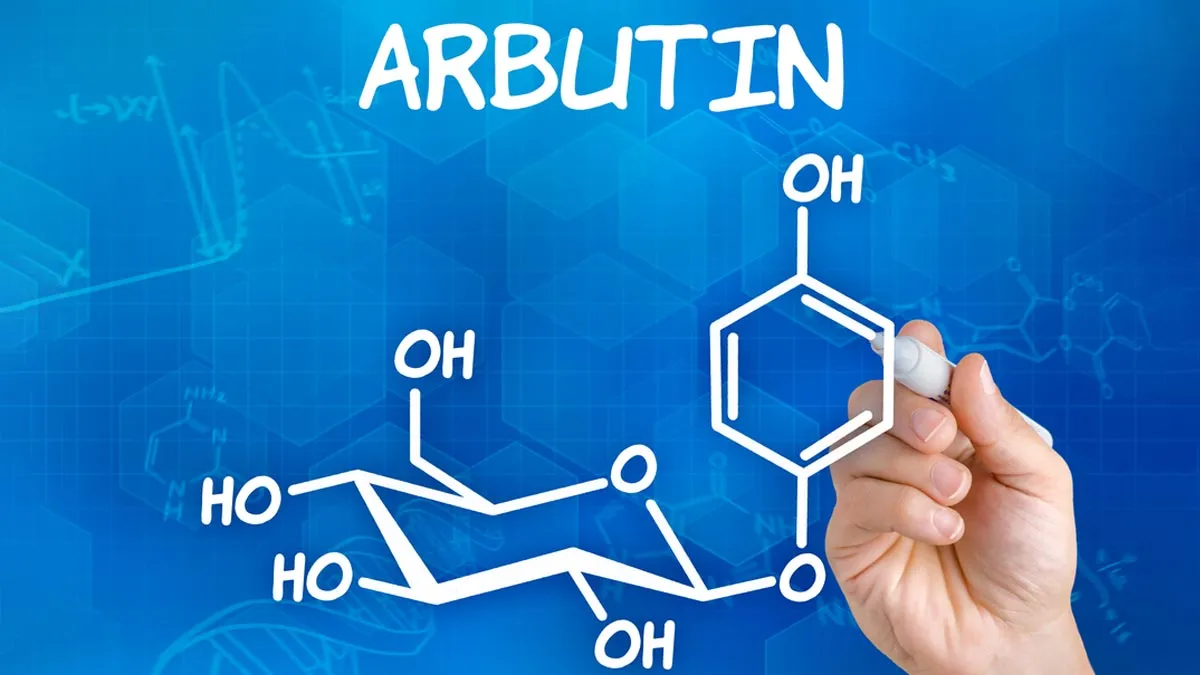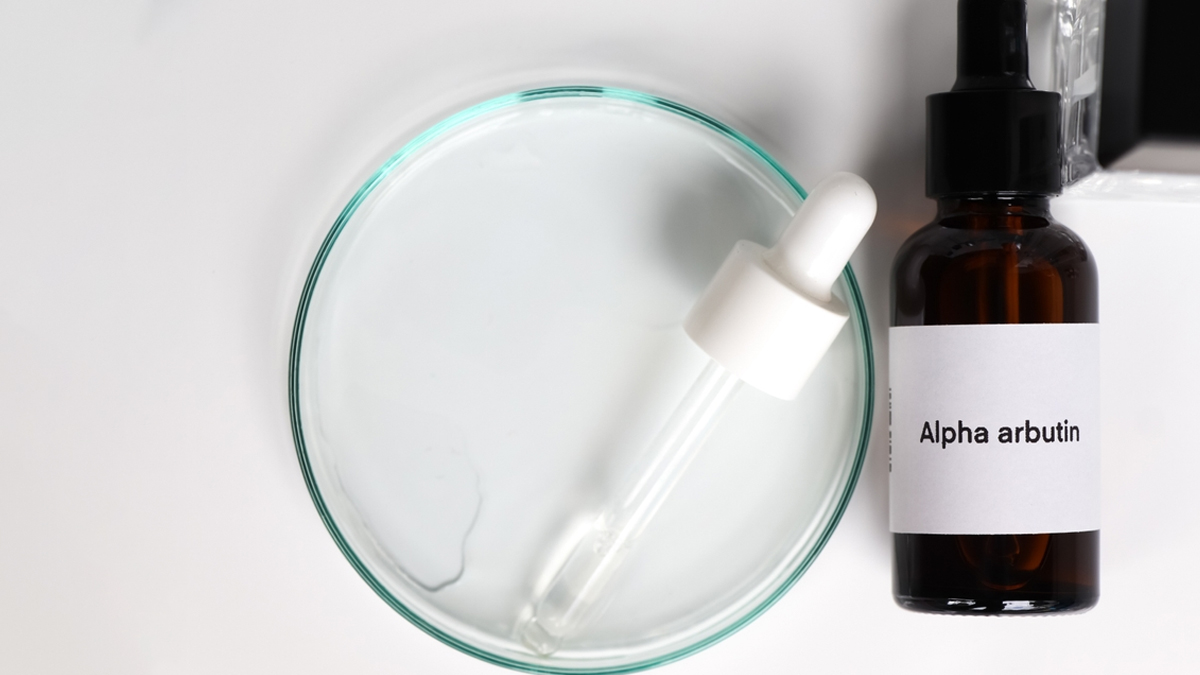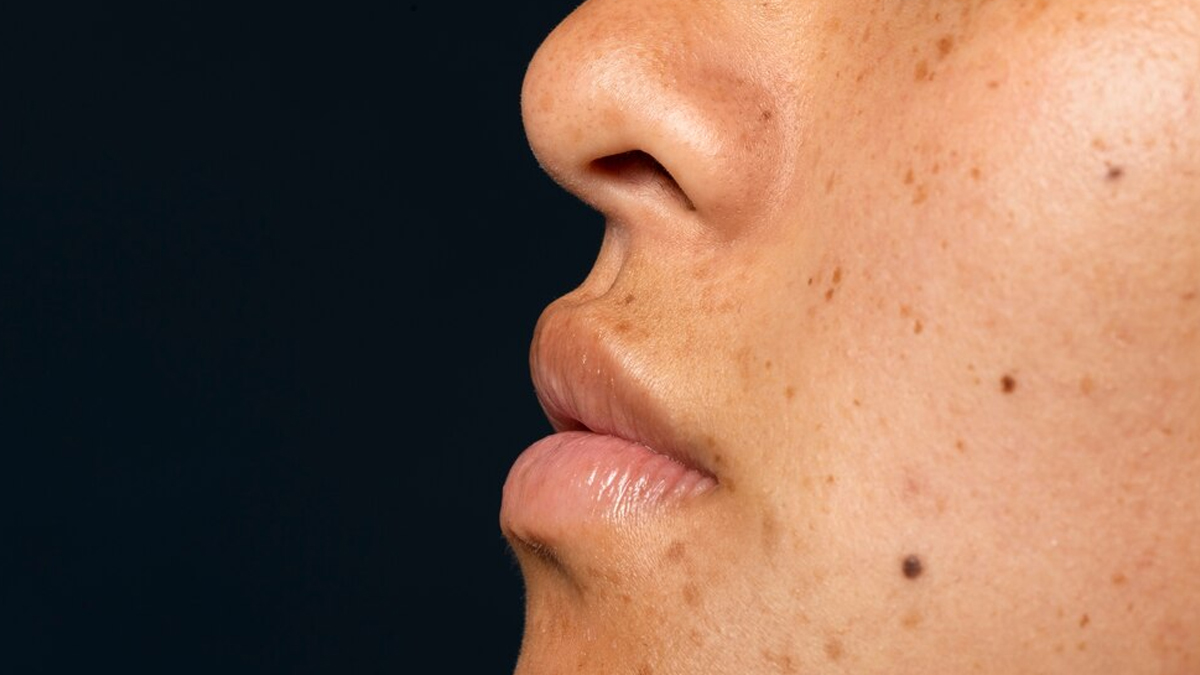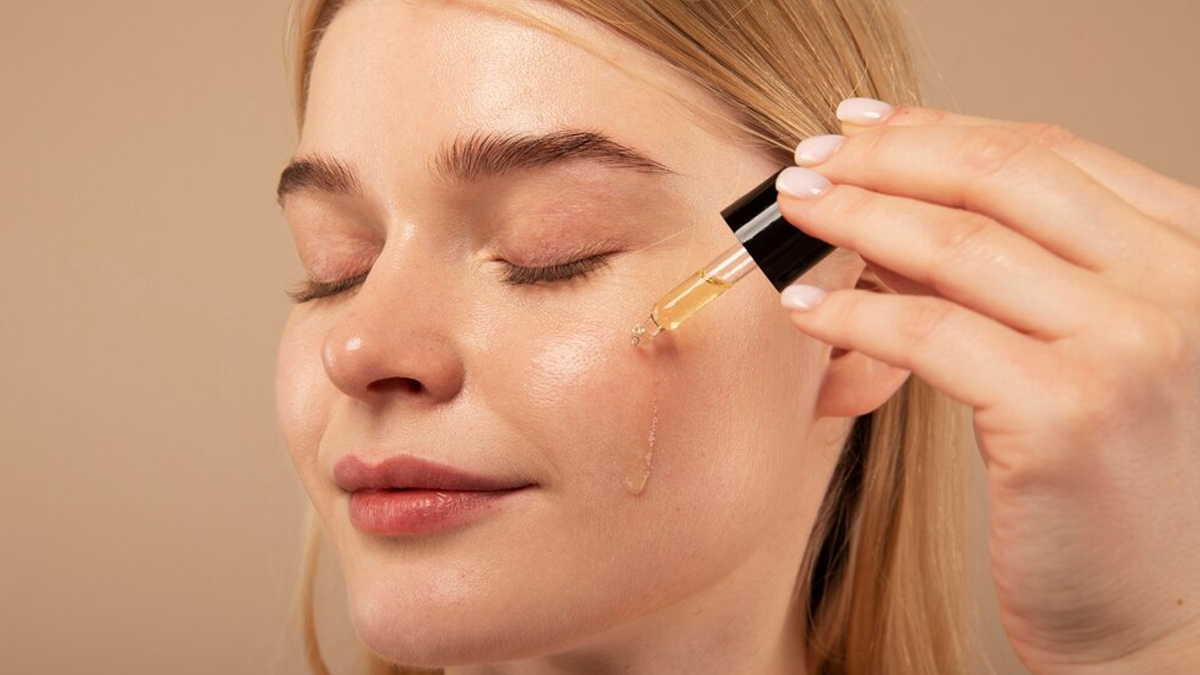
Hyperpigmentation can be a frustrating skin concern, whether it’s dark spots from acne, sun exposure, or hormonal shifts. If you’ve been struggling to even out your skin tone and get rid of those stubborn spots, arbutin might be the solution you’ve been searching for. This natural compound has gained popularity for its ability to gently fade dark spots without irritating the skin. In this article, we explain how arbutin helps fight hyperpigmentation and how to add it to your routine.
Table of Content:-
What Is Arbutin?

According to a 2024 study, arbutin is a natural extract from plants like bearberry, cranberry, pear, and blueberry. It works by blocking the enzyme tyrosinase, which helps control melanin production, reducing dark spots. However, its effectiveness depends on the amount used.
Unlike harsher depigmenting agents, arbutin works gradually, making it suitable for sensitive or reactive skin. It addresses various types of hyperpigmentation, including:
- Sunspots caused by prolonged UV exposure.
- Post-inflammatory hyperpigmentation from acne or skin injuries.
- Melasma, which is often triggered by hormonal changes.
Benefits of Arbutin for Skin
Arbutin offers multiple benefits, making it a popular choice for addressing pigmentation concerns:

- Fades Dark Spots: It gradually lightens existing dark spots, giving the skin a more even tone.
- Prevents Future Pigmentation: Arbutin helps prevent the formation of new spots by inhibiting melanin production.
- Gentle on Skin: Unlike hydroquinone, arbutin is less likely to cause redness, dryness, or irritation.
- Brightens Complexion: It enhances overall skin radiance, leaving your face looking fresh and glowing.
- Safe for Daily Use: Arbutin can be used both day and night without significant risk, provided you follow proper skincare guidelines.
How to Use Arbutin in Your Skincare Routine

- Choose the Right Product: Arbutin is available in serums, creams, and gels. Serums are the most potent and effective, as they penetrate deeper into the skin. Look for products with concentrations between 1% and 2% for optimal results.
- Cleanse First: Always start with clean skin. Use a gentle cleanser to remove dirt and oil before applying arbutin.
- Apply on Targeted Areas: Gently apply a small amount of the arbutin product to the targeted areas. For broader concerns like an uneven complexion, you can spread a thin layer across your entire face.
- Layer Properly: Once you apply arbutin, make sure to follow up with a moisturiser to keep your skin hydrated. If you’re using arbutin during the day, always apply sunscreen as the final step. In order to prevent further pigmentation, sun protection is essential.
Also Read: Mulethi For Reducing Dark Spots: Expert Explains How It Reduce Hyperpigmentation And How To Use It
Tips for Using Arbutin Safely
While arbutin is generally safe, here are some tips to ensure you use it effectively:
- Patch Test First: Check for allergies by testing the product on a small area of skin.
- Avoid Mixing with Certain Ingredients: Steer clear of combining arbutin with acids or retinoids in the same routine, as this can increase sensitivity.
- Stick to Recommended Concentrations: Higher concentrations can cause irritation, so follow the product’s instructions.
- Protect Your Skin: Always wear sunscreen during the day to prevent UV-induced pigmentation.
Are There Any Side Effects?
Arbutin is considered one of the safest ingredients for addressing hyperpigmentation. Side effects are rare but may include mild irritation or redness if used in high concentrations. If you experience any discomfort, try reducing the frequency of use or consult a dermatologist.
[Disclaimer: This article contains information for informational purposes only. Hence, we advise you to consult your professional if you are dealing with any health issues to avoid complications.]
Also watch this video
Read Next
From K-Beauty Essentials to Sheet Masks: Exploring 'Baby John' Actor Wamiqa Gabbi’s Skincare Routine
How we keep this article up to date:
We work with experts and keep a close eye on the latest in health and wellness. Whenever there is a new research or helpful information, we update our articles with accurate and useful advice.
Current Version
